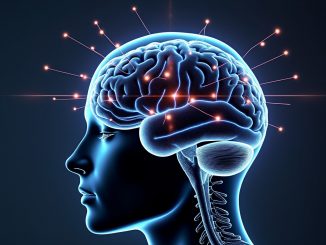Elon Musk, a figure synonymous with groundbreaking technological advancements, recently shared his latest insights on artificial intelligence (AI) during a candid discussion at the King Abdulaziz International Conference Center in Riyadh.
Known for his bold predictions and his ventures like Tesla (TSLA), SpaceX, and xAI, Musk’s views on AI’s progression have always stirred both excitement and concern among tech enthusiasts and skeptics alike.
Musk revisited his earlier predictions made during the ‘Abundance Summit’ in March, where he suggested AI could advance at an exponential rate, potentially reaching human-level intelligence by 2029 or 2030. When pressed by Dr. Peter Diamandis on whether this pace had altered, Musk’s response was both reassuring and startling.
He confirmed that AI is undeniably advancing at a rate of at least 10 times per year, hinting at an even more accelerated growth. This pace, if maintained, would mean AI could surpass individual human capabilities in as little as one to two years from now.
Moreover, Musk projected that within three years following this milestone, AI could aggregate to match or exceed the collective intelligence of all humans. This timeline places us at a potential turning point by 2028 or 2029, where AI might not just mimic but could potentially outthink humanity in its entirety.
The implications of such advancements are profound. If AI can indeed reach this level of sophistication, it could revolutionize every sector from healthcare, where AI could diagnose and treat diseases with unparalleled precision, to education, where personalized learning could become the norm. However, this also opens up a Pandora’s box of ethical, employment, and existential issues. How society will adapt to AI’s integration at such a scale remains a critical question.
Musk’s predictions are not just casual forecasts; they are backed by his deep involvement in AI development through xAI and his broader vision for humanity’s future, which includes space exploration and sustainable energy. His words serve as both a roadmap and a warning about the pace at which we need to prepare for this new era of AI dominance.
- Bulenox: Get 45% to 91% OFF ... Use Discount Code: UNO
- Risk Our Money Not Yours | Get 50% to 90% OFF ... Use Discount Code: MMBVBKSM
Disclaimer: This page contains affiliate links. If you choose to make a purchase after clicking a link, we may receive a commission at no additional cost to you. Thank you for your support!





Leave a Reply